The Power Of Understanding In The Catholic Education Vocation
Jesus had an incredible ability to cut through to the very essence of human experience. In today’s episode I want to talk about how one of his most important sayings relates to a way we can improve our daily interactions with all our students, colleagues and parents. I also share a great quote you wont want to miss from Adrienne Vin Speyr.
Author
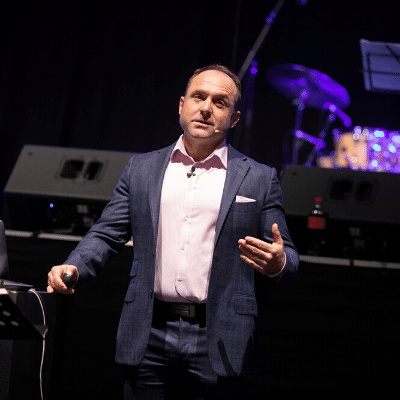
Jonathan Doyle
Jonathan Doyle is an international speaker, author, businessman and executive coach who has spoken around the world to more than 400,000 people on topics related to personal development, peak performance, leadership, Catholic school evangelisation, relationships and much more.
His recent keynote addresses include the NCEA National Convention in St. Louis Missouri to 10,000 delegates and he is a frequent keynote speaker in the US, Asia and Europe.
He is also the founder of an influential education and media business that delivers training content to hundreds of organisations and thousands of individuals around the world on a weekly basis.
Jonathan holds an undergraduate degree in education from the University of Canberra, a Masters Degree in Leadership and Management from the University of Newcastle and has also undertaken post-graduate study in philosophical anthropology.
He is the author of numerous books on relationships and peak performance and each day shares these same ideas with a large global audience via The Daily Podcast with Jonathan Doyle.
Finishing Strong is a loud and clear call for every young person to make the very best of their final years of school. Based on hundreds of seminars around the world to a huge number of students Jonathan Doyle offers powerful, practical advice that can make a major difference.
Each chapter offers inspiring stories, clear principles and actionable steps for identifying and moving forward in study, life, friendships and each key area of life.
Jonathan also includes journal questions and guided reflections at the end of each chapter to maximise learning and ensure the ideas and principles can be made real, personal and achievable.
If you want to help your child or students make the very best of their final years of high school then it;s time to help them finish strong!
10,000 Teachers Have This Book Already!
How can the Catholic teacher live their vocation more fully, share the faith with young people and a make a difference in the world?
Over the last two decades, Jonathan Doyle has reached hundreds of thousands of Catholic teachers and leaders around the world with a message of hope and encouragement.
In Tools and Fuels, Jonathan offers a compelling vision of what Catholic schools can be in the 21st century and practical and inspiring strategies about the way each Catholic teacher can play their part in living their vocation, reaching young people and saving the world.
Find out more HERE
TRANSCRIPT
📍 Well, Hey everybody, Jonathan Doyle with you. Once again, welcome aboard to the Catholic teacher daily podcast. Really great to have the pleasure of your company. Hope you’re doing well. Wherever you’re listening. I really enjoy doing these lately. And I just hope that, uh, there is some encouragement here for you. A little bit of inspiration.
We never know how God’s going to show up on any particular day and just give us a little bit of a nudge when we need it. Now, today, I want to share with you a great quote. From the author, Adrian Von Speyer, that’s a challenging one to pronounce, but there we go. Adrian Von Spire. This one really jumped out at me and I’m going to give this a scriptural basis as well. I hope it’s a blessing to you. It’s very simple. She says this the first step in learning to love others.
Is the attempt. To understand them. The first step in learning to love others is the attempt to understand them. Now I want to put this in the context of our difficult students. I mean, as teachers, we don’t have any problem loving those students that are just easy to love. They’re just engaging and polite. And my oldest daughter’s like that. She’s um, she just loves to learn.
She’s incredibly respectful and well behaved. She’s just beautiful. So she’s the kind of student that if she sits in your class, if you had like 20 or 25 of those sort of students, you’d be like, how good is this? I love every single day of teaching. But of course we don’t get 25 or 30 of those kinds of students and we definitely don’t get a whole staff room or faculty lounge.
Full of people that are always instantly able to love. Sure. We all know those people. I think of a priest who was here for dinner the other night. He’s one of God’s really special people. He’s just. The most. Um, humble, relaxed, joyful, simplistic person. Everybody loves them. But what we want to be able to do is what do we do with those people that are hard to love those students, those colleagues, those parents.
So this is the great quote from Von Speyer, who says that the first step in learning to love notice. There’s the implication there that this is something we learn. We don’t instantly do it. It’s not like jumping on a bicycle, you know, like, oh, sorry. It’s a lot like jumping on a bicycle. It’s something that we learn. We didn’t all get on a bicycle. Just absolutely nail it. The first time I can remember teaching my kids to ride and just how long it took to to slowly get them confident and comfortable. So the ability to love people.
Is something that we learn and get better at as we go through life. Karen and I celebrated our 20th wedding anniversary recently, and I’d like to think that we’ve had plenty of practice and plenty of ups and downs and failures. But we’ve learned this process of loving over time. So firstly, we need to give ourselves some grace and cut ourselves some slack that the difficult people in our Catholic schools are difficult and challenging students, parents and colleagues. We’re on a journey here of slowly learning to love them through the gift of daily grace.
But what VIN Spire Von Speyer is getting at here is this, this, the crucial ingredient of seeking to understand them. Remember that great. Line from St. Francis of Assisi. You know, divine master that I would seek to under, to. You know, to understand more than to be understood. So, what we want to do here is when we find people difficult to love, let’s ask for the grace of this first step of understanding them.
Usually there’s some kind of difficulty or abrasiveness or recalcitrance in a person it’s often because of something that’s happened to them or is currently happening in their life. They’ve learned a certain way of being they’ve been hurt or rejected, or they don’t feel loved. And so. That first step of asking ourselves the question what’s going on for this person. Why are they manifesting this behavior?
Remember that Aristotle was really big on this, you know, the, uh, it’s the first line of book, eight of Aristotle’s Nicomachean ethics. I always memorize this because he said that. You know, all human action. Is action towards the good all human action is aiming at something it’s got this teleology. We call it. It’s got this.
Desire to bring about some things. So when a student is difficult, Or a colleague is, you know, dismissive or abrasive. There’s a reason behind it. Now, crucially, this does not mean we accept abusive or inappropriate behavior. Of course we don’t. One of the most crucial things about learning is creating a learning environment that’s stable and safe. So I’m not saying that any of us should put up with.
Really difficult behaviors, but I think rather than seeing it as a turf war between us and a student or between us and a colleague, Takes a lot of grace and maturity to go. What is happening here. Who is this person? Why are they doing this? And then prayerfully doing this right. Asking the Lord to give us the grace as we go through our relationship and our daily interactions with them. Lord, what is going on here? Give me your heart for this person. Show me what I need to know about them. Help me understand them.
And I guess over time we can just be direct and ask direct questions. Like, why are you doing this? Why are you behaving this way? So. I wanted to give this a scriptural basis and the simplest way to do it is to go straight to the golden rule. Matthew chapter seven, verse 12. Jesus says to us. So in everything do to others, what you would have them do to you?
For this sums up the law and the profits. Friends, we could spend a day on this, like for Jesus to say this sums up the law and the prophets. Now what’s the law. You know, the, the, the Mishnah, the mosaic law that the Pharisees, for example, operating under head close to 620 provisions, there was roughly 300 dues and roughly 300 don’ts.
So, you know, Oh really devout Hebrews at the time of Jesus would be going around trying to make sure that they lived up to the 600 prohibitions or 600, uh, expectations. And of course, then you’ve got the entire prophetic tradition. So what’s Jesus saying here, it’s radical. He’s saying you want to understand all of these 600 laws. You want to understand the entire profits. Let me sum it up for you in a, in a phrase, in a sentence.
Just due to other people, exactly what you want them to do to you. So let’s link this back to Von Spire, which is what understanding, what do we want people to do for us? You never had a day where you’re over tired or cranky or stressed. And, you know, everything’s going wrong. What do we crave from people? You know, we crave for them to cut us some slack.
They, we pray that somebody is going to see through the difficult circumstance. And be patient and gentle with us. You know, after my kids are still pretty young and. I think I’ve told this story recently where it had been raining and, uh, my youngest daughter was in the car and she started screaming.
And I turned around, there’s this massive spider. So for my American listeners here in Australia, it’s just yellow. Just don’t go outside and you’ll be fine in Australia. Just never leave indoors. Um, cause this thing was, you know, half the size of Texas and it was on her leg. And she lost it and I whacked the spider.
I got rid of that and I grabbed her and brought her into the front seat of the car and just held onto her. And calmed her and you know, I’m no super perfect parent, but I know psychologists say that as a child, if you have experiences. Have a strong, grounded, parental figure. Being with you in a traumatic experience, you can, you know, often bypass a lot of the suffering and trauma that can happen in, in childhood.
And what is that? It’s a, it’s an aspect of understanding. It’s like she goes through this horrible experience, but she’s understood. She’s held in that. And I wonder if in behavior management we could begin to say, okay, how do I as a Catholic teacher, how do I, as a, as a Christian, how do I. Stay grounded.
And seek to understand what this person needs not justifying toxic behaviors. But seeking first to understand. And that’s what Stephen Covey did. Remember Stephen Covey’s famous seven habits book. I mean, what was his Bob was principle number one, seek first to understand. All right. I hope that’s going to be useful as you go into your day, as you deal with difficult colleagues as you deal with difficult students. Lord, give me a heart of understanding. Remember what Solomon prayed for? Give me wisdom, give me wisdom to lead these people. Lord, you know, what’s the prayer that we need to have as Catholic educators. Lord, give me wisdom. Give me groundedness and patience and love.
So that I can be who you need me to be, and I can 📍 understand this person and then I can love them. All right. Hope that’s useful. Please make sure you’ve subscribed. Hit subscribe, wherever you’re listening. Would you do something else to me? Grab the link wherever you’re hearing this, throw it on your Twitter feed, throw it on Facebook and say, Hey.
Have a listen to this, email, this to a few other teachers in your school, because that would be a great blessing. And finally, if you like what you’re hearing, uh, please come and support me on Patrion, patrion.com. Do a search Jonathan Doyle. You’re going to find me there and there’ll be links of course, on these emails that you get.
I’d love it. If you could offer some support there so I can keep doing this day after day. God bless you everybody get out there seek understanding ask the lord for the grace for an understanding heart and let’s press on one more day as catholic teachers god bless everybody this has been the catholic teacher daily podcast my name’s jonathan doyle and i’m going to have another message for you tomorrow
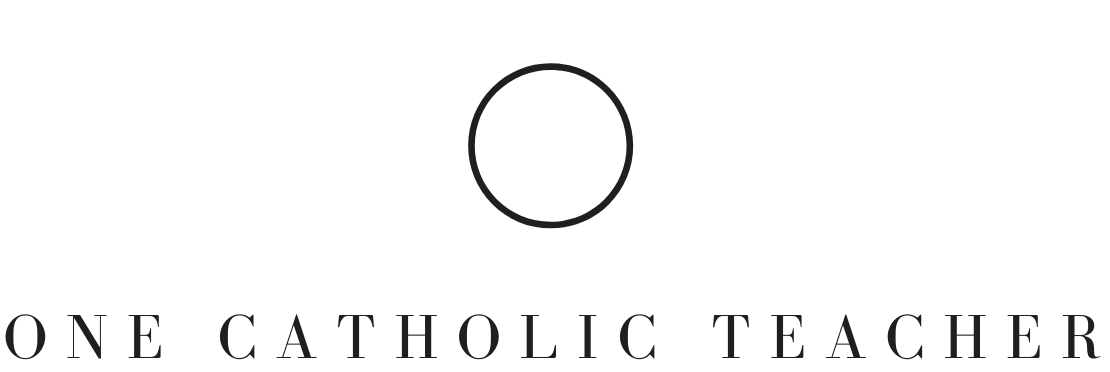



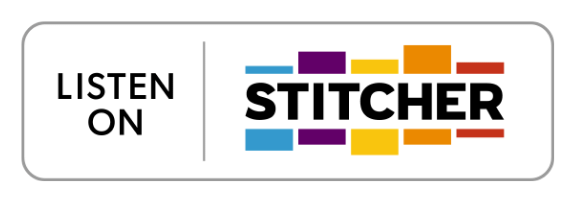
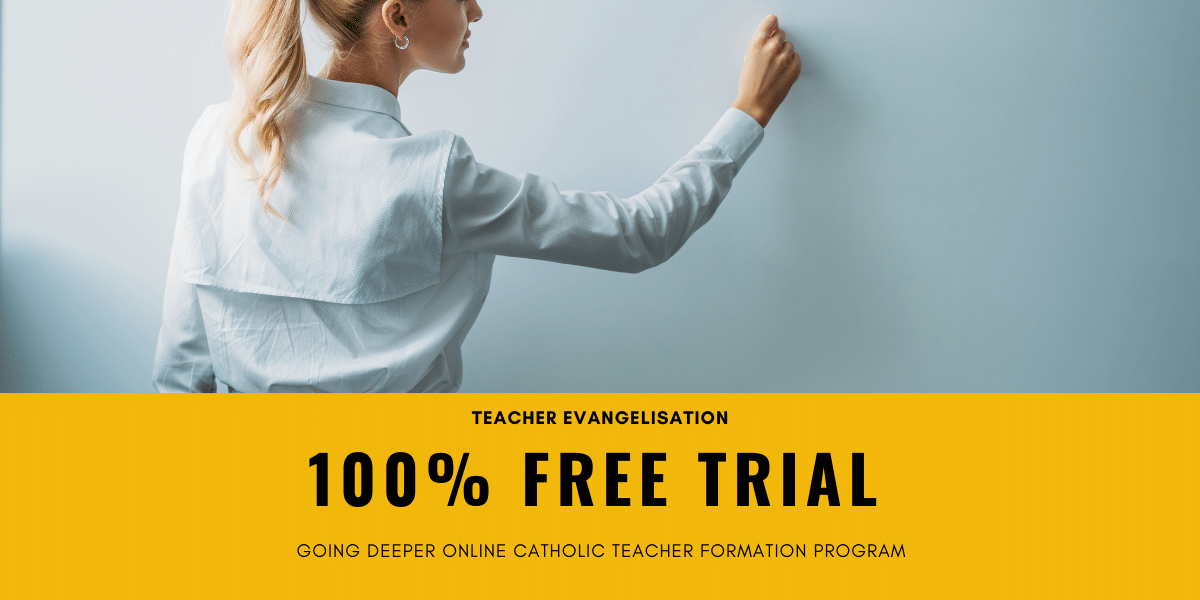
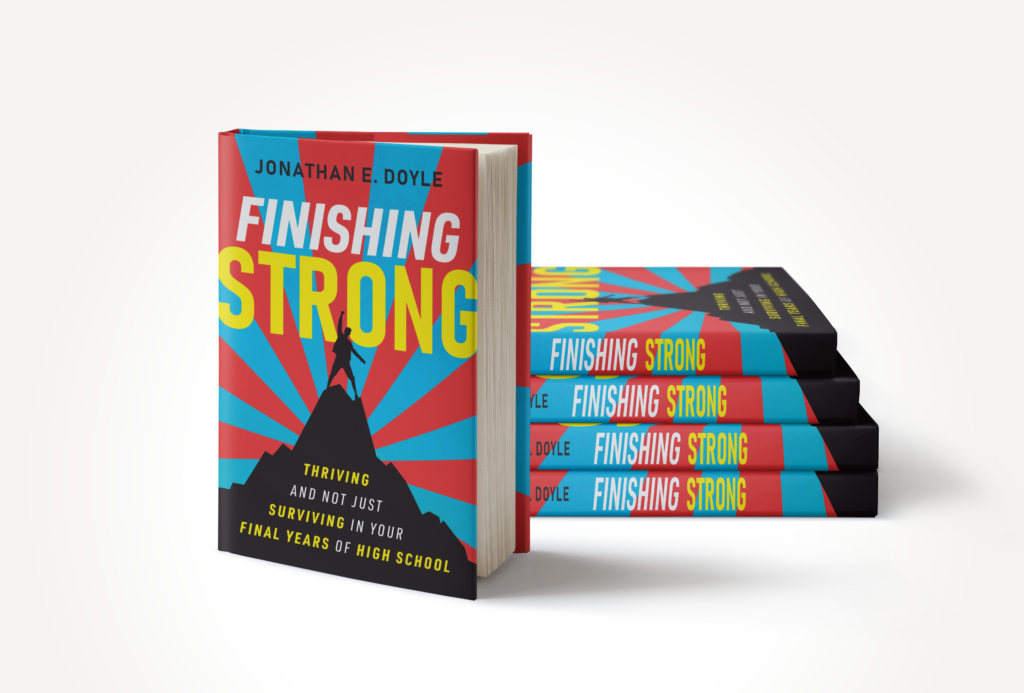










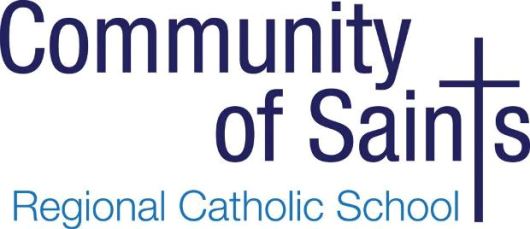

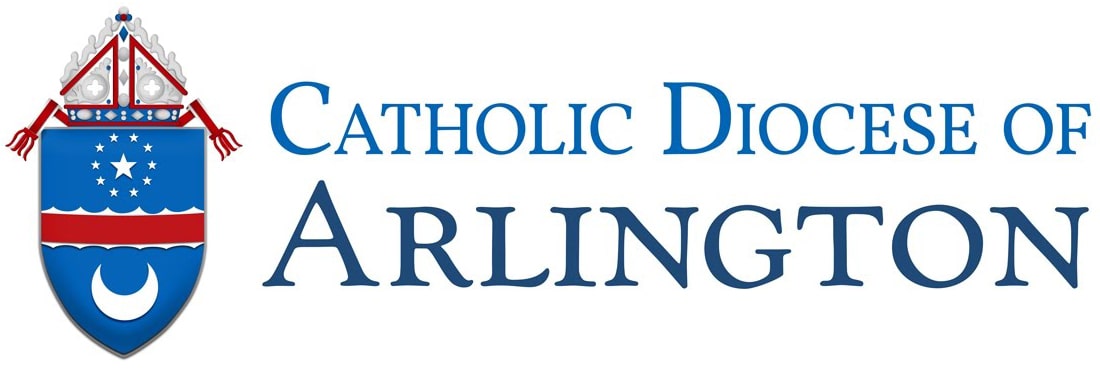
0 Comments